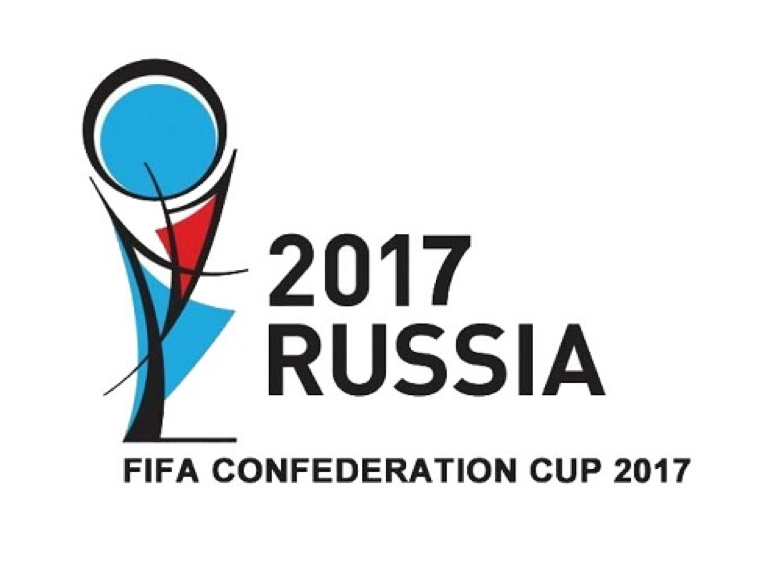With the Confederations Cup underway, Ducor Sports brings you facts, interesting stats, and everything you need to know about this international showdown that pits the best of nations against each other.
To start with, the FIFA Confederations Cup is not any summer invitational but an international competition contested every four years by the regional title holders of each of the six championships (UEFA, CONMEBOL, CONCACAF, CAF, AFC, OFC), as well as the FIFA World Cup winner and the next World Cup host nation.
Since its formation in 1992, it was originally organized by and held in Saudi Arabia under the name, King Fahd Cup. FIFA took over its organization in 1997 and changed the name to its current status, holding the event every two years until 2005, when it was changed to a pre-World Cup tournament to be held every four years.
This year’s edition is the 10th and will be graced by Cameroon (African Champions), Chile (South American Champions), Australia (Asian Champions), Portugal (European Champions), Mexico (CONCACAF Champions), New Zealand (Oceania Champions), Germany (World Champions) and Russia (2018 World Cup hosts).
Brazil has managed to win it a whopping four times (1997, 2005, 2009, and 2013) and is the only nation to have participated in every FIFA Confederations Cup. France won it twice in 2001 and 2003, followed by Argentina in ’92, Mexico in ‘99, and Denmark in ‘95.
Hosts Russia, kicked off the tournament with a convincing 2-0 win over New Zealand in Group A’s inaugural match on Saturday, 17th June and will play European Champions Portugal and CONCACAF champions Mexico, for a spot in the semifinals.
In Group B, despite sending an under-rated team, World Cup champions Germany is still favorite to win the tournament but will be without a number of its star players; Toni Kroos, Thomas Muller, Jerome Boateng, Marco Reus, Mats Hummels and Mesut Ozil.
Germany’s team selection cites reason that its players are all 27 years or older, and apart from Boateng and Reus who both missed a big chunk of last season due to injury and are being given time off to ensure they heal fully, all played at least 53 competitive games in the past 12 months and could use a break.
They will face a Chilean side who against all odds, beat Argentina to retain the South American trophy. Despite transitioning from Jorge Sampaoli to Juan Antonio Pizzi, Chile has maintained its furious pressing high tempo philosophy, and will not be an opponent to take lightly.
The other Group B opponents are Cameroon who will field most of the same youthful squad that turned heads in January to win the AFCON trophy in Gabon and under dogs Australia who will be looking to 37-year-old Tim Cahill to inspire them in Russia.
For Cameroon who will end its 14-year absence from the Confederations Cup, it will be more than just football, but also a chance to celebrate the memory of Marc Vivien-Foe as the side competes for the trophy for the first time since the midfielder’s death in 2003.
Foe died after collapsing on the pitch in the semi-final against Colombia in France.
[perfectpullquote align=”full” cite=”” link=”” color=”” class=”” size=””]“We want to play well for him – to honor and respect what he did for Cameroon,”[/perfectpullquote]
midfielder Arnaud Djoum told BBC Sport.
“We want to show a good image of Cameroon for him first. In the dressing room, we try not to speak too much about it out of respect for him and his family.
“It’s something we keep really quiet but we know from each other that we have to give everything and play from heart – like he did.”
The eight teams are divided into two groups of four with the best two teams after the first round, advancing to the semifinals.
Group A.
Russia
New Zealand
Portugal
Mexico
Group B.
Cameroon
Chile
Australia
Germany
Featured Photo: Pinterest
















